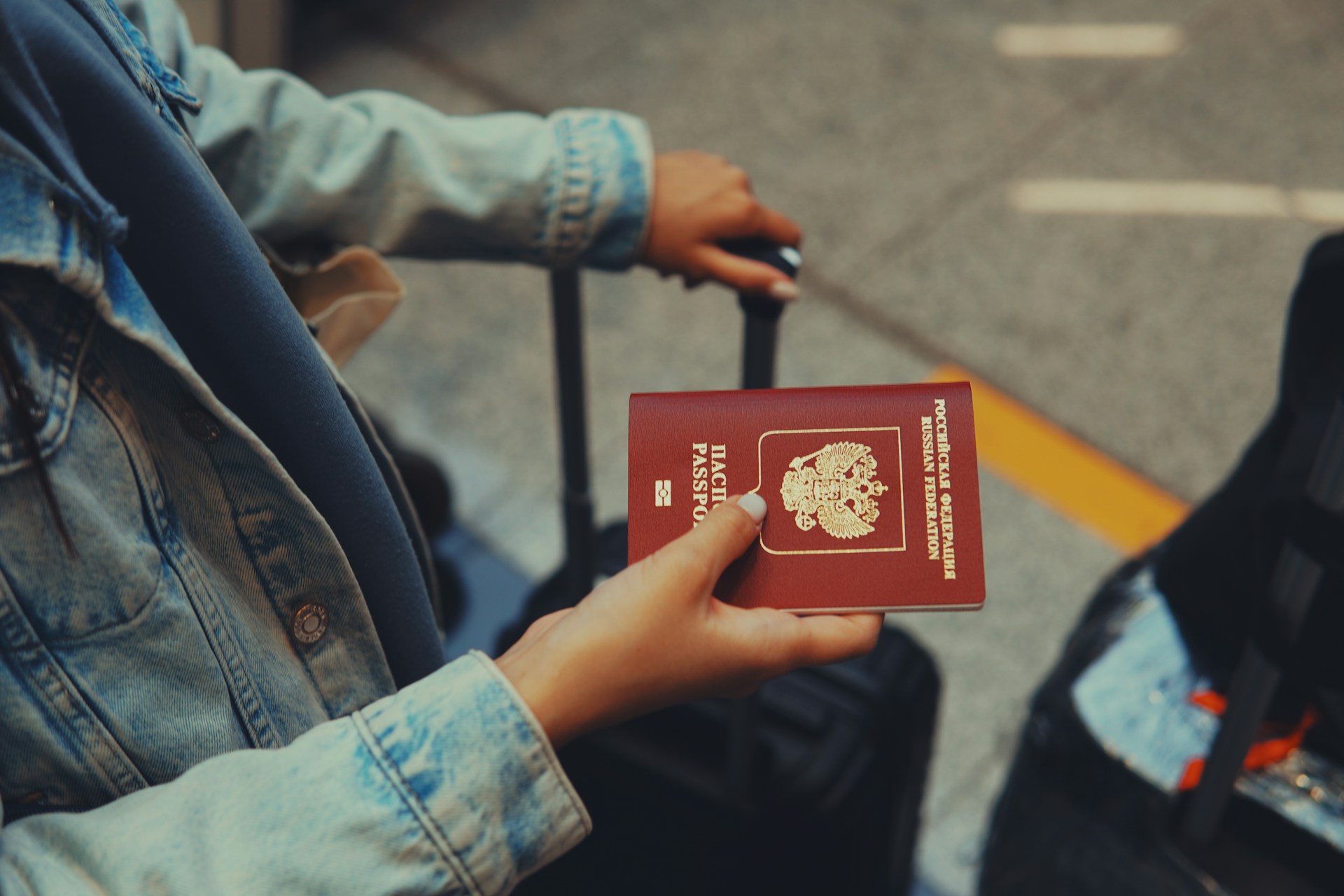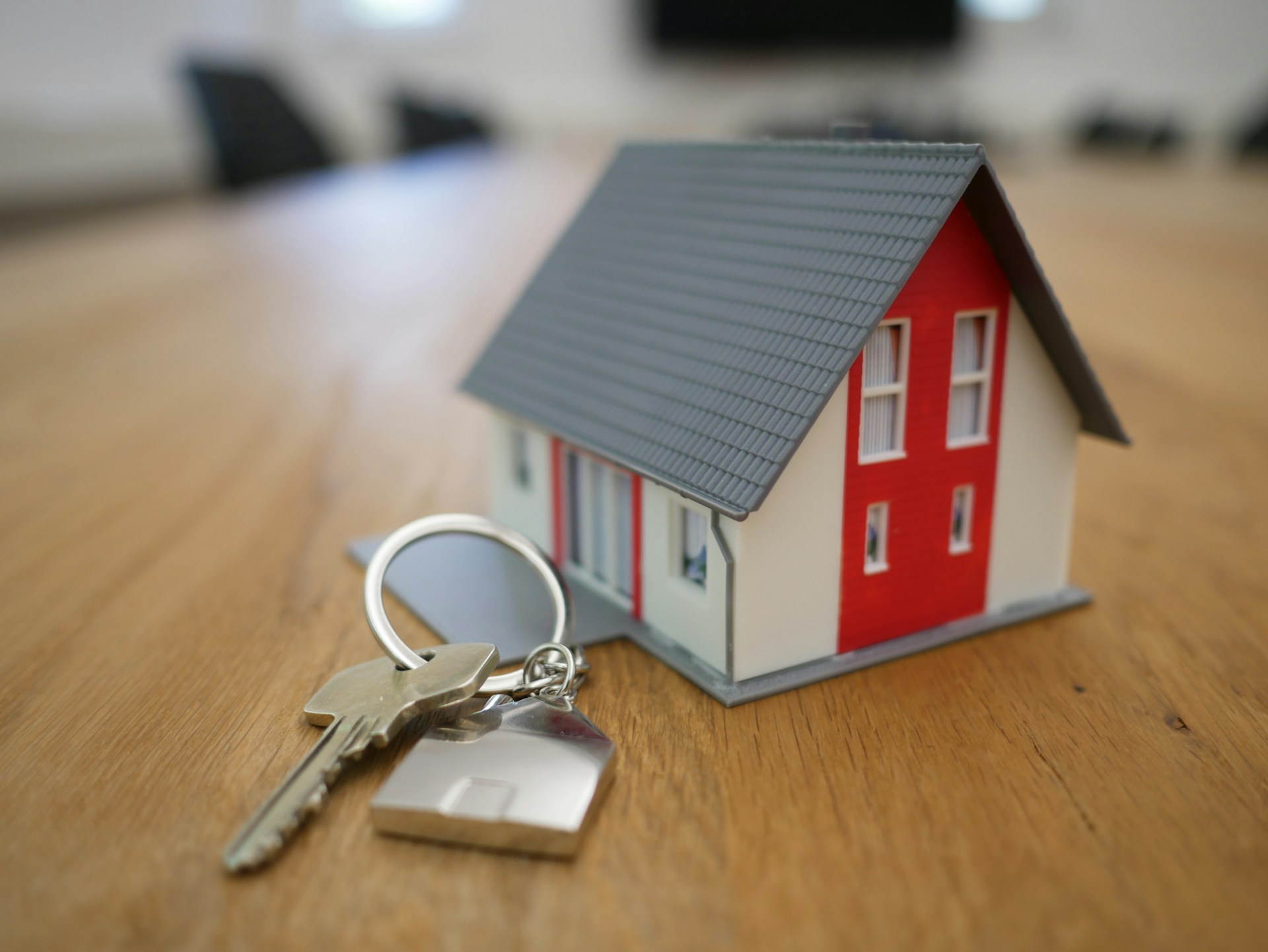Have you ever caught yourself daydreaming about taking off on an epic adventure, only to pause and think, “But wait, what if I could use that money to buy a house instead?”
This could be a big dilemma, especially because both travel and homeownership are big commitments. But the thing is, they come with very different price tags and responsibilities.
Let’s dive into this comparison and figure out whether travelling around the world is cheaper than settling down in a new home.

Travelling doesn’t necessarily mean splurging. Thanks to budget airlines, low-cost accommodations like hostels and Airbnb, and the ability to work virtually from anywhere, there aren't as many travel limitations as before.
Many digital nomads manage to live quite well on very tight budgets, at times even less than what they spend as rent or mortgage in their home country.
If you choose to travel, here are some factors you should put into consideration;
Flights - Whether you are flying across the globe or just a short trip away, flights can vary widely in price. You may get flight deals every now and then, but long-haul flights can still be expensive.
Accommodation - From hostels to luxury hotels, where you stay plays a big role in your travel budget. Booking early or opting for budget-friendly options can help you spend less.
Food and entertainment - While dining out and exploring new activities can add up, eating like a local and choosing affordable attractions can keep costs down. It comes down to personal choices.
Local transportation - Getting around your destination might require additional spending on taxis, public transport, or rental cars.
Travel insurance - Travel insurance may not always be necessary, but it is a wise investment as it can protect you from unexpected expenses.
On the other hand, homeownership is a whole different ball game that requires a different kind of commitment. From the down payment and mortgage payments to expenses such as maintenance and property taxes, it can really add up quickly.
Here are some factors to consider;
Down payment - The initial cost of buying a house usually includes a significant down payment, often ranging from 10% to 20% of the home’s price. This is a large upfront expense that you need to carefully think about.
Mortgage payments - If you are not paying in cash, you will have a mortgage, which involves monthly payments over many years, plus interest.
Property taxes - Owning a home means paying property taxes, which can vary based on location and property value.
Maintenance and repairs - Homes require regular upkeep, from minor repairs to major renovations, which can add to your ongoing costs.
Insurance - Home insurance protects your property and belongings from potential damage or theft, adding to the overall cost of ownership.

Travelling generally requires less upfront investment than buying a house. You can manage your travel budget more flexibly and choose options that fit your financial situation.
On the flip side, buying a house is a significant long-term investment with higher upfront and ongoing costs. Once you own a home, you are committed to a mortgage, property taxes, and maintenance, making it a significant financial commitment.
In the end, travelling might be the better choice if you are looking for a more flexible, lower initial cost. But if you are ready for a major commitment and want to settle down, buying a house could be the right path.
If you want the latest information on the best Hotel Executive Club Lounges, Hotel Kids Clubs and other travel information, be sure to sign up for our free newsletter full of tips and great travel ideas.